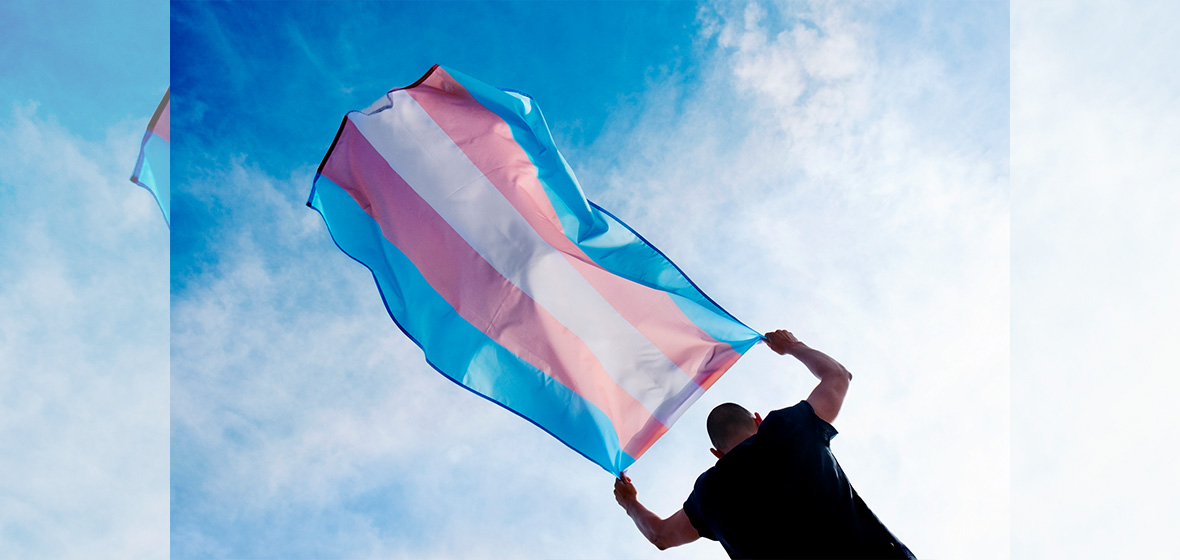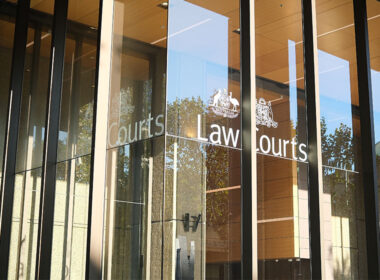The NSW Court of Appeal has dismissed an attempt to challenge an Apprehended Personal Violence Order (APVO) previously granted by the NSW District Court against anti-trans activist Kirralee Smith.
Judge Penelope Wass had made the two-year order against Smith after an application by Stephanie Blanch, a transgender woman and soccer player from regional NSW. Smith, who is a spokesperson for the anti-trans organisation Binary Australia, targeted Smith on social media and posted what was found to be “highly intimidatory” and “unnecessarily cruel” comments to her almost 40,000 followers on X. Smith also called for “men from the Mid North Coast” to help with “the bloke playing on the women’s team in Wingham”. Judge Wass considered this “a sustained campaign of belittling, harassment and intimidation.”
Smith’s defence argued that the Crimes (Domestic and Personal Violence) Act 2007 does not apply to this situation as her comments were of a political nature. Judge Wass dismissed these claims by pointing out section 10 of the Act refers to its intention in protecting people who experience physical violence outside of a domestic relationship. “Just because a statement or conduct can be characterised as political, does not preclude it from being intimidation or harassment,” Wass said in her judgment. “There is nothing about that “species” of online communications that renders it above the law that protects all persons from personal attacks.”
Justice Jeremy Kirk, Justice Kristina Stern and Justice Richard McHugh dismissed Smith’s appeal, noting the impact insults have on individuals. “Harassing or molesting conduct of the kind at issue here can also have a deleterious impact on individuals,” the judgement read.
“There is a material difference between conduct causing hurt feelings on the one hand and, on the other, conduct which can be characterised as amounting to harassment or molestation, involving a serious or significant degree of disturbance or interference (etc) to the protected person.”Karen Beashel, Inner City Legal Centre Principal Solicitor who represented Blanche, said “all residents of NSW have a right to live their lives without being targeted, harassed or intimidated.”
“The decision confirms online harassment (even if dressed as ‘political commentary’) can and will justify the making of an APVO.”
The centre noted the ruling was significant, not only to trans women facing online harassment, but schools and families dealing with cyberbullying. ICLC’s Criminal Solicitor, Bridget O’Kane said “Free speech does not give you a licence to bully; the law will protect people from ongoing online abuse. Replace the word “respondent” with “student” in the judgement and we have the daily reality for too many school kids. The courts make it clear: online harassment can and must be treated as real harm.”
In a statement on Binary Australia’s website, Smith expressed her disapproval of the Court’s decision, denouncing the idea that her actions, and her advocacy, are violent.
In 2023, the trans-advocacy group TransJustice released a report called “Fuelling Hate”, which revealed hatred and harassment against trans people in Australia is escalating and reaching unbearably high levels in Australia. The vast majority of respondents had witnessed increased levels of online anti-trans speech, and 39 percent noticed an increase in-person anti-trans abuse and harassment.




